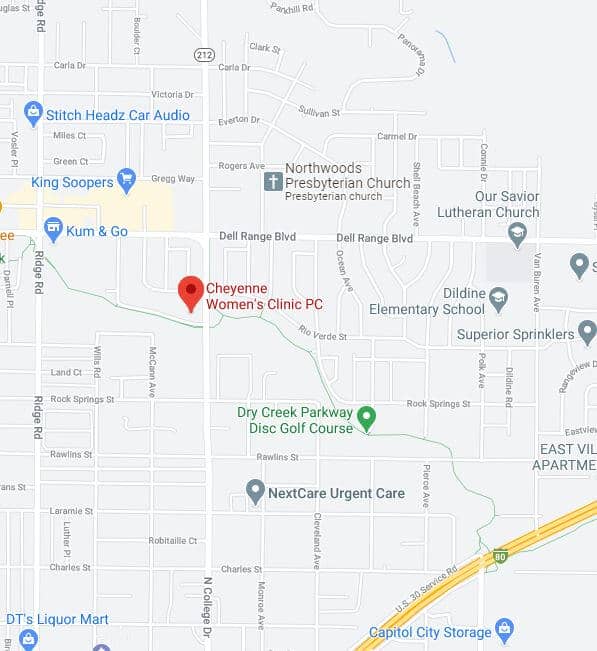Many women have experienced the embarrassing pee-your-pants sensation during a sudden cough, sneeze, or fit of laughter. But when your bladder leaks anywhere from a few drops to what feels like gallons on a frequent basis and moves from simply embarrassing to getting in the way of your regular life, you’re dealing with urinary incontinence. It’s time to seek treatment.
Doctors diagnose three different kinds of urinary incontinence:
- Stress urinary incontinence (SUI) – You leak urine with activity, such as when you cough, laugh, sneeze, walk, or exercise.
- Urgency urinary incontinence – You have the sudden strong urge to pee that’s hard to stop. To make it worse, you may leak urine as you’re running for the bathroom. (With overactive bladder {OAB}, you typically have the symptoms of urgency and having to go frequently, but you may or may not have symptoms of incontinence.)
- Mixed incontinence – You have symptoms of both SUI and urgency urinary incontinence.
To make it worse, you may experience other symptoms that often go along with urinary incontinence:
- Having a sudden, strong urge to run to the closest bathroom.
- Having to go more often than about every two hours or more than seven times in a day.
- Waking up in the middle of the night to go (called nocturia).
- Experiencing pain when you pee.
- Leaking urine while you sleep.
What Causes It?
- Urinary tract infections – UTIs can sometimes cause leakage. We can treat them easily with antibiotics.
- Diuretic medications (“water pills”), caffeine, or alcohol – Leakage may be a side effect of these substances that cause your body to make more urine.
- Pelvic floor disorders – Incontinence can be caused by a weakening of the muscles and tissues that hold your pelvic organs in place. Other symptoms include accidental bowel leakage and pelvic organ prolapse, where your muscles can no longer hold your internal organs in place.
- Long-term constipation – Older women often report experiencing this when they develop incontinence.
- Neuromuscular problems – Signals from the brain to the bladder and urethra may become disrupted. This can cause the muscles that control those organs to malfunction and allow urine to leak.
- Anatomical problems – The outlet of your bladder into your urethra may become blocked by bladder stones or other growths, preventing it from working properly.
Treatments for Urinary Incontinence
Once your provider diagnoses you with urinary continence, which usually involves a physical exam and gathering some information on your medical history, there are a number of different treatments that can help treat the cause and relieve the embarrassing symptoms.
- Lifestyle changes, including losing weight, managing the amount of fluids you drink, and learning to control the urge to empty your bladder.
- Exercise and physical therapy, including Kegel exercises to help strengthen your pelvic muscles.
- Devices that support the walls of your vagina. They lift the bladder and urethra to help treat pelvic support problems and SUI.
- Medications to relieve the feelings of urgency and stop unwanted bladder contractions that can cause incontinence.
- Surgical procedures.
Leaking urine can be embarrassing, but it can also be fixed. Instead of dealing with it by stocking up on maxi pads, make an appointment to see your provider. He or she can review your options to treat your incontinence and help you return to a normal life. Make an appointment by calling 307.637.7700.







